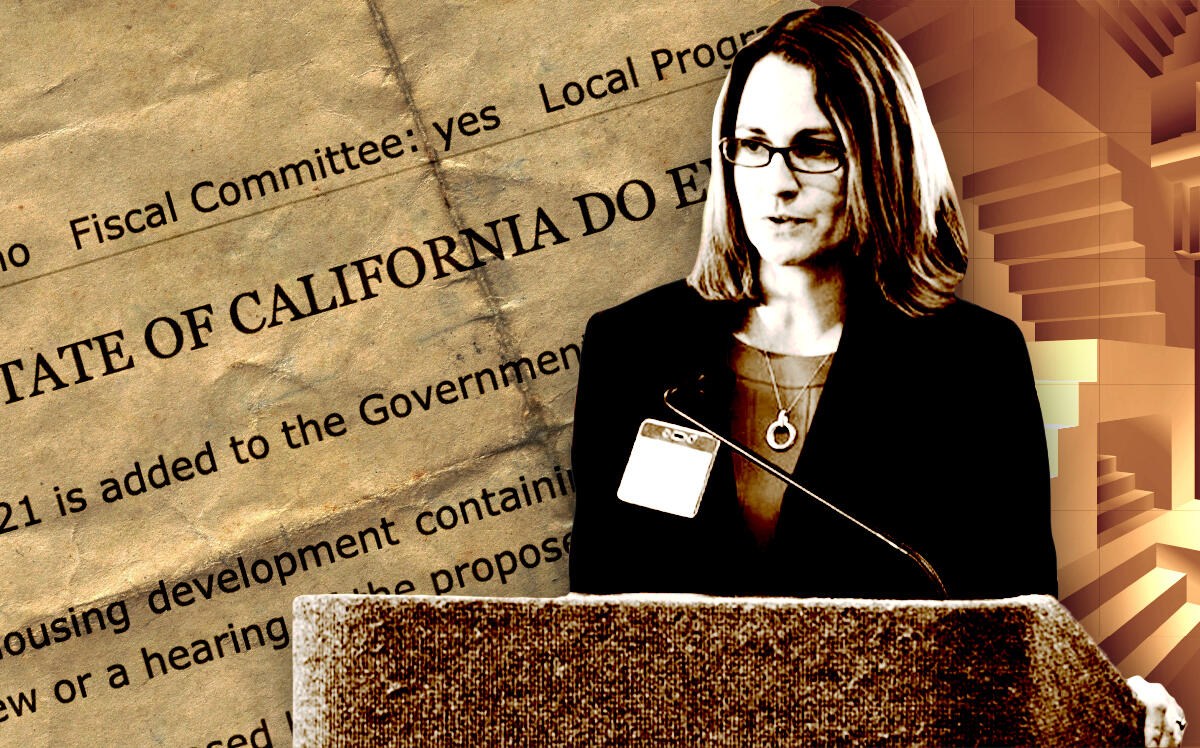 Study: California’s “upzoning” bill would not lead to widespread redevelopment
Study: California’s “upzoning” bill would not lead to widespread redevelopment
Trending
Bay Area developers prepare for new proposals under SB 9
The bill allows for single-family properties to be split into duplexes with fewer public hearings

The first round of proposals from Senate Bill 9 has begun to trickle into the Bay Area.
The bill, which aims to boost housing in established, single-family home neighborhoods, streamlines the process for property owners to split large lots and build additional homes, SiliconValley.com reported.
Though city planners in San Jose and San Francisco haven’t received SB 9 proposals, they expect them in the next few weeks. The city of Concord received its first application under the new bill on Jan. 5, five days after it went into effect.
The recently passed law lets homeowners rent their properties and build duplexes without having to go through multiple hearings, as long as the development meets environmental standards and basic city design guidelines. As many as two duplexes can be built on a single lot under the new bill.
Critics of SB 9 argue that the new measures will spoil established communities by bringing in a flood of traffic and unsupportable demand for services.
While many Bay Area cities, including San Jose, have embraced the new measures by putting together guidelines for small developers, some of the more affluent suburban communities are more resistant. Cupertino, Saratoga and Monte Sereno are backing a ballot measure that would overturn the law.
San Jose City Councilwoman, and mayoral candidate Dev Davis is a leader in the statewide effort to nullify the rule. SB 9 is “state overreach” and allowing development in established neighborhoods with limited public input would be a “recipe for disaster,” she said.
Several developers that specialize in accessory dwelling units and in-fill housing are preparing to expand businesses to help homeowners redevelop their properties.
Read more
 Study: California’s “upzoning” bill would not lead to widespread redevelopment
Study: California’s “upzoning” bill would not lead to widespread redevelopment
[SV] — Victoria Pruitt




